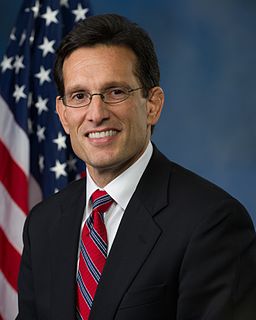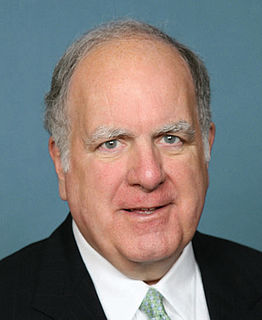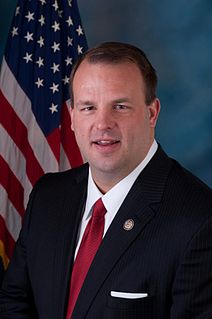A Quote by Dan Crenshaw
You have to tackle the real drivers of debt - that's mandatory spending, not discretionary.
Related Quotes
The American people elected us here to cut spending so we can create an environment for jobs in America. The House has acted. We have demonstrated that we want to see spending, discretionary spending, brought down to levels of 2008. We've seen no counteraction. We have seen no position that has been expressed by the other side at all.
If the US Government was a family—they would be making $58,000 a year, spending $75,000 a year, & are $327,000 in credit card debt. They are currently proposing BIG spending cuts to reduce their spending to $72,000 a year. These are the actual proportions of the federal budget & debt, reduced to a level that we can understand.
The U.S. has a law on the books called the debt limit, but the name is misleading. The debt limit started in 1917 for the purpose of facilitating more national debt, not reducing it. It still serves that purpose. It's unconnected to spending, hurts our credit rating and has been an abject failure at limiting debt.
The biggest change we have to tackle that's out there is that we're digging the hole deeper and deeper and spending is totally out of control. And that's something that, quite frankly, is affecting future generations. You're giving a lot of debt to them and you can't keep doing it. It's not helping anybody.
If you ask the question of Americans, should we pay our bills? One hundred percent would say yes. There's a significant misunderstanding on the debt ceiling. People think it's authorizing new spending. The debt ceiling doesn't authorize new spending; it allows us to pay obligations already incurred.
In the budget, the president will call for a five-year freeze on discretionary spending other than for national security. This will reduce the deficit by more than $400 billion over the next decade and bring this category of spending to the lowest share of our economy since Dwight Eisenhower was president.
Any politician that says no tax revenue or zero spending cuts does not deserve reelection. Our hole is so deep in this country with the debt and the debt service, the interest on that debt, before the big expenses come for Social Security and Medicare - for we baby boomers in a few years - that everything has to be on the table.

































